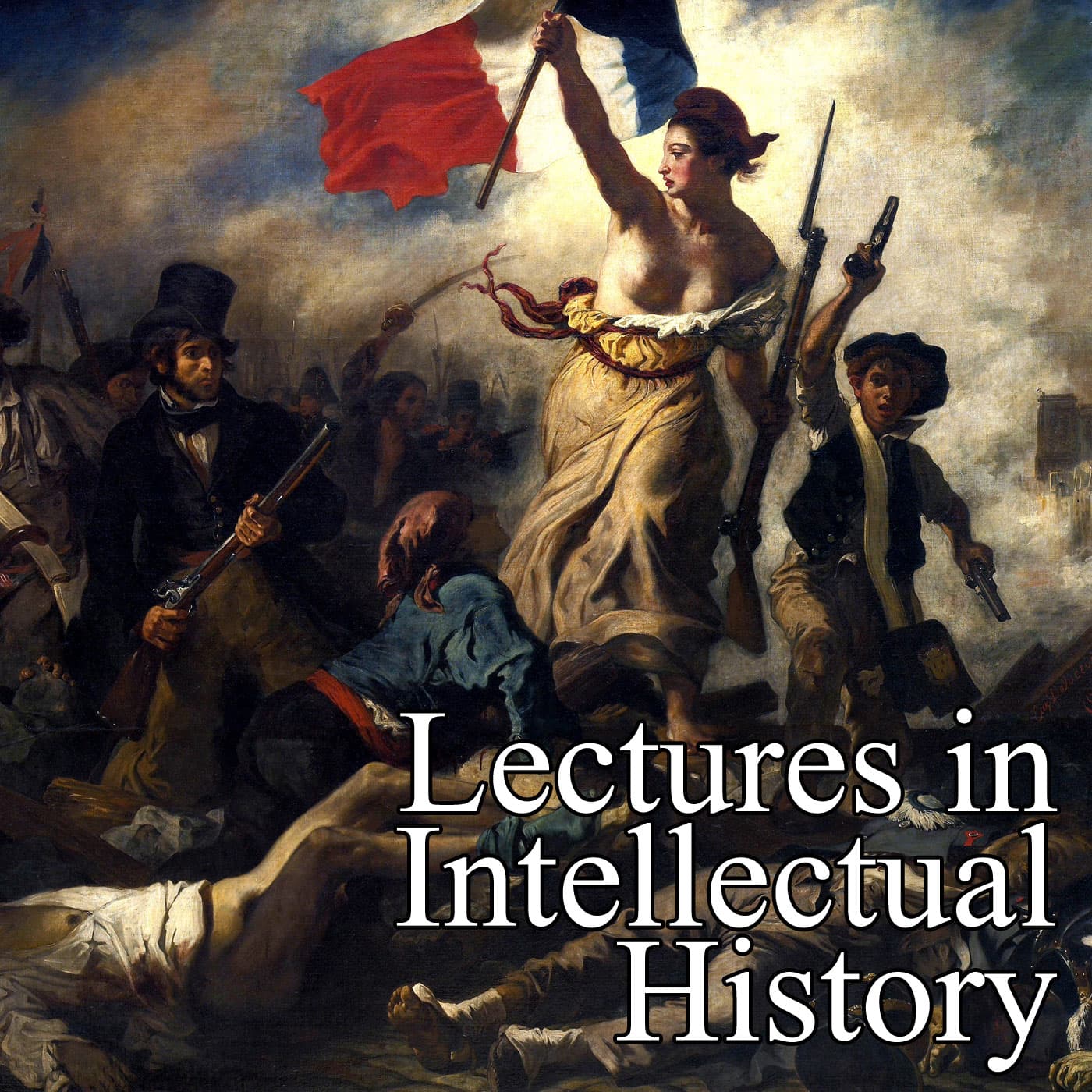Society & Culture
Modern cosmopolitanism traces its routes back to the Enlightenment. In its individual and collectivist strains, it has become programatically pacifist by virtue of many of its central defining features. Under such a regime of cosmopolitanism, one might imagine the Kantian goal of perpetual peace. Kant’s conception of cosmopolitanism was progressive and developmental, but also fundamentally conflicted. Its motor was that famous unsocial sociability, which compelled humans to seek peace even as they experienced destructive forms of competition. The connection between cosmopolitanism on one hand and peace on the other, therefore, is neither essential or natural; it is contingent and accidental despite the strong connection between modern contemporary cosmopolitanism and peace. Only recently have scholars acknowledged that cosmopolitanism might indeed have something to say about war, or that war might shed light on its limits and possibilities. Is contemporary cosmopolitanism theoretically robust enough to face the challenges of unconventional warfare in the 21st century? And if cosmopolitanism defines transnational borders as morally arbitrary, what can it tell us about conflicts that occur within such borders, that is to say about civil war? In this lecture, David Armitage pursues these and other important questions.

